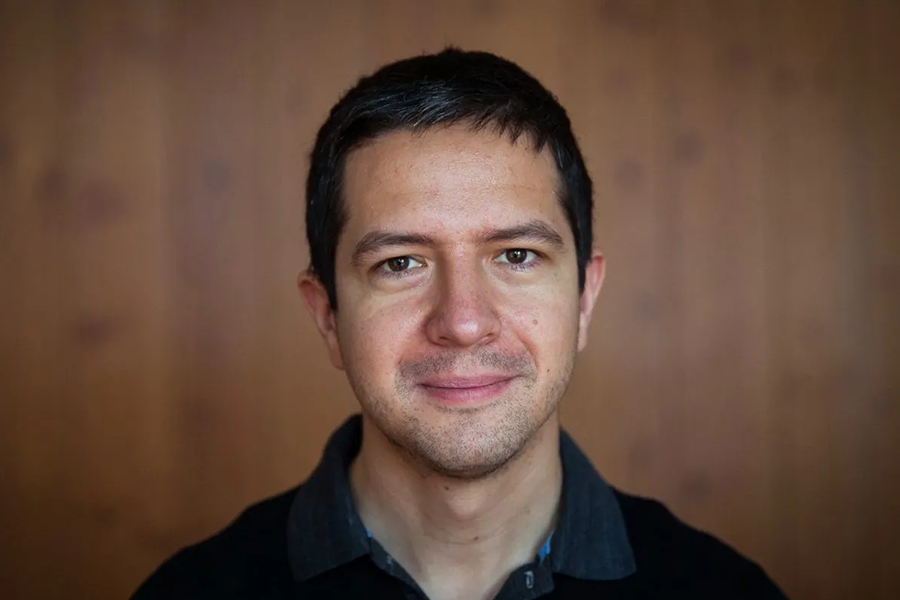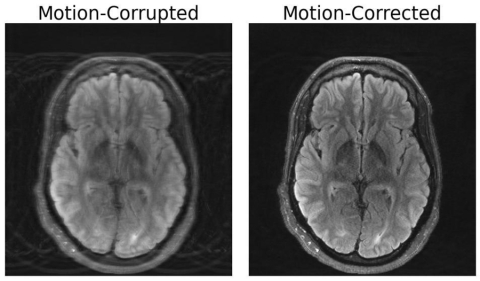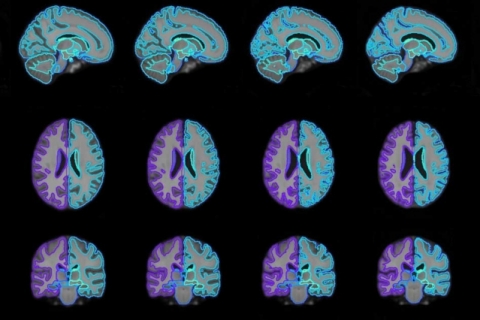Adrian Dalca SM ‘12 PhD ‘16, MIT Department of Electrical Engineering and Computer Science (EECS) researcher and CSAIL member, was recently given the Medical Image Computing and Computer Assisted Intervention (MICCAI) Society’s Young Scientist Publication Impact Award. The former postdoc was honored for his work on the 2018 paper, “Unsupervised Learning for Fast Probabilistic Diffeomorphic Registration.”
The MICCAI Society presents the award annually to a young scientist who has published impactful research at the conference in the past five years.
A postdoc at the time, Dalca and his team’s paper addresses image registration, which computes correspondence between images for tasks like medical image analysis. His group’s probabilistic generative model and algorithm incorporate rigorous theory with convolutional neural networks (CNNs), which learn to extract features from image data and apply them to 3D brain scans. Their approach subsequently provided top-tier accuracy in under a second, whereas standard methods took tens of minutes or even hours. This efficiency promises to make it possible to analyze large collections of scans rapidly and complete image registration in near real-time in clinical settings.
The paper is part of VoxelMorph, the team’s larger learning-based framework for medical image registration and alignment. Dalca and his team’s follow-up research has been cited roughly 2,500 times. VoxelMorph has inspired registration variants that apply deep learning to registration, remaining a strong tool in many comparisons. Additionally, the code provided in the 2018 paper has been widely downloaded and employed, and their tutorial on this topic has been widely used to teach concepts in machine-learning-based image registration.
“We believe the paper has helped reinvigorate interest in research for image registration,” says Dalca. “This includes more fundamental theoretical development, engineering improvements, diverse applications that were not easily possible before, and large-scale studies. I am most thrilled about the fact that our work and code have facilitated new directions for research that students in our field are interested and excited about.”
Five years later, Dalca continues to apply machine learning and probabilistic models toward medical analysis, focusing on computer vision and medical image analysis, such as registration, segmentation, MRI reconstruction, and universal models. In addition to being a CSAIL research scientist, he is currently an Assistant Professor at Massachusetts General Hospital and Harvard Medical School’s Athinoula A. Martinos Center for Biomedical Imaging.
Dalca authored the paper with Guha Balakrishnan SM ‘13 PhD ‘18, who is now an assistant professor at Rice University, MIT professor and CSAIL principal investigator John Guttag, and Cornell University professor and former CSAIL postdoc Mert Sabuncu. Their work was funded, in part, by the National Institutes of Health, the National Science Foundation, and the Cornell NeuroNex Hub.
The Young Scientist Publication Impact Award was presented to Dalca at MICCAI 2023 in Vancouver, Canada earlier this week.



